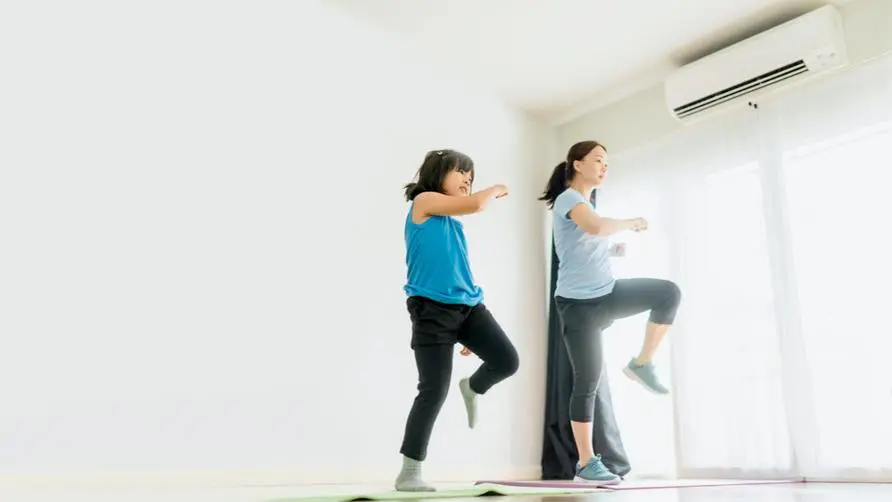Exercise can improve asthma and lung function. Why do patients not want to exercise? I'm afraid it's an "inferiority mentality" at work.

00
Are asthma attacks frequent due to temperature differences between day and night? Exercise “150 minutes” per week to improve symptoms
The weather has been cold recently and the temperature difference between day and night is large, which is a good time for asthma. The temperature difference between morning and evening is greater than 7 degrees, which can easily induce asthma and allergic symptoms. However, the asthma symptoms that bother many people during the transition between autumn and winter may be improved through appropriate exercise.
A new study from the University of East Anglia in the UK shows that intervention in exercise and exercise behaviors can effectively improve the symptoms and quality of life of asthma patients. Andrew Wilson, a professor at the School of Medicine at the University of East Anglia, and his team collected 25 independent studies from around the world and counted the health status of 1,849 asthma patients to understand whether asthma symptoms and quality of life are changed by regular exercise.
Subjects in the study were asked to perform aerobic exercise or resistance training 2-3 times a week for about 30-60 minutes each time, and their cardiorespiratory function, symptom assessment and physiological status were cross-compared with the 25 studies mentioned above. . The research team found that of the 25 studies, 10 were in line with the relevant results predicted by the team, showing that exercise has a positive impact on improving asthma and is considered effective in improving lung health.
Andrew Wilson said that through exercise intervention, the activity level of asthma patients was significantly increased and their sedentary time was reduced. The improvement in symptoms and quality of life was relatively obvious, but the impact on asthma control and medication use was relatively small. Wilson noted that asthma patients who performed more than 150 minutes of moderate or vigorous exercise per week were more likely to improve their lung function and control their asthma. The study recommends that people with asthma problems should engage in appropriate exercise training to improve their cardiorespiratory endurance.
Asthma makes people lose enthusiasm for exercise? Home training can be an alternative measure
People with asthma participate in less physical activity and are more likely to be sedentary than the average person without asthma, Wilson said. Although the team found that exercise intervention is effective, the acceptance of the asthma group is not high. In their past life experiences, most of them were regarded as “unsuitable for exercise” by school teachers or fitness instructors, resulting in them being less interested in exercise, and even Feeling inferior.
It can be seen that the psychological pressure that “exercise” may cause will affect the willingness of asthmatic people to exercise. The research team suggests that asthma patients can still choose online teaching, wearable devices or training APPs to start exercising in a way that suits them, and gradually eliminate the fear and pressure of “exercise”. It is also recommended that asthma patients use “home training” as the basis and practice more diverse types of exercise.
Co-author Leanne Tyson said that during the COVID-19 pandemic, asthma patients in some areas received less medical care and had to avoid going to the hospital as much as possible. Therefore, exercising at home is a worthwhile exercise. In the long term, developing exercise habits has the opportunity to change the behavioral patterns of asthma patients and further improve their quality of life.
source:
Beware of seasonal temperature fluctuations. Asthma cases and high-risk groups must be alert!





